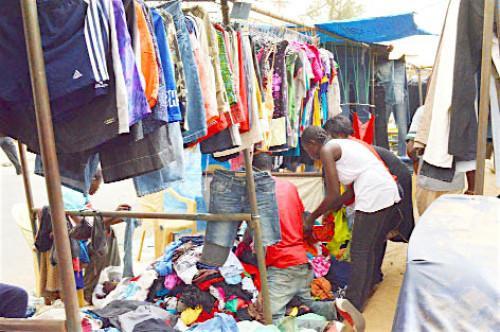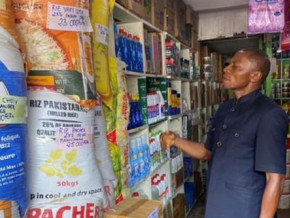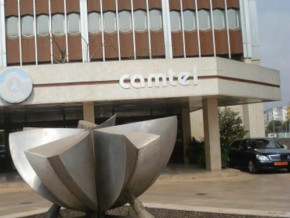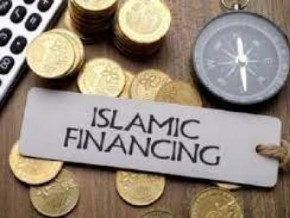
Yaoundé - 24 April 2024 -
Trade
Cameroon: XAF126.4bln spent on second-hand outfit imports between 2015 and 2017, with a XAF43.8bln peak in 2015

(Business in Cameroon) - Over the period from 2015 to 2017, the Cameroonian retailers disbursed a total of XAF126.4 billion to purchase second-hand clothes from Europe, the trade minister announced.
In detail, these imports reached a peak amount of XAF43.8 billion in 2015, before declining to XAF42 billion in 2016 and XAF40.5 billion in 2017.
The apparel sector, let’s note, is largely dominated by second-hand outfits from China. Local operators of cotton-textile-clothing industry control only barely 1% of the market, according to officials.
BRM
Mags frontpage
- Most read 7 days
- shared 1 month
- read 1 month
next
prev






























